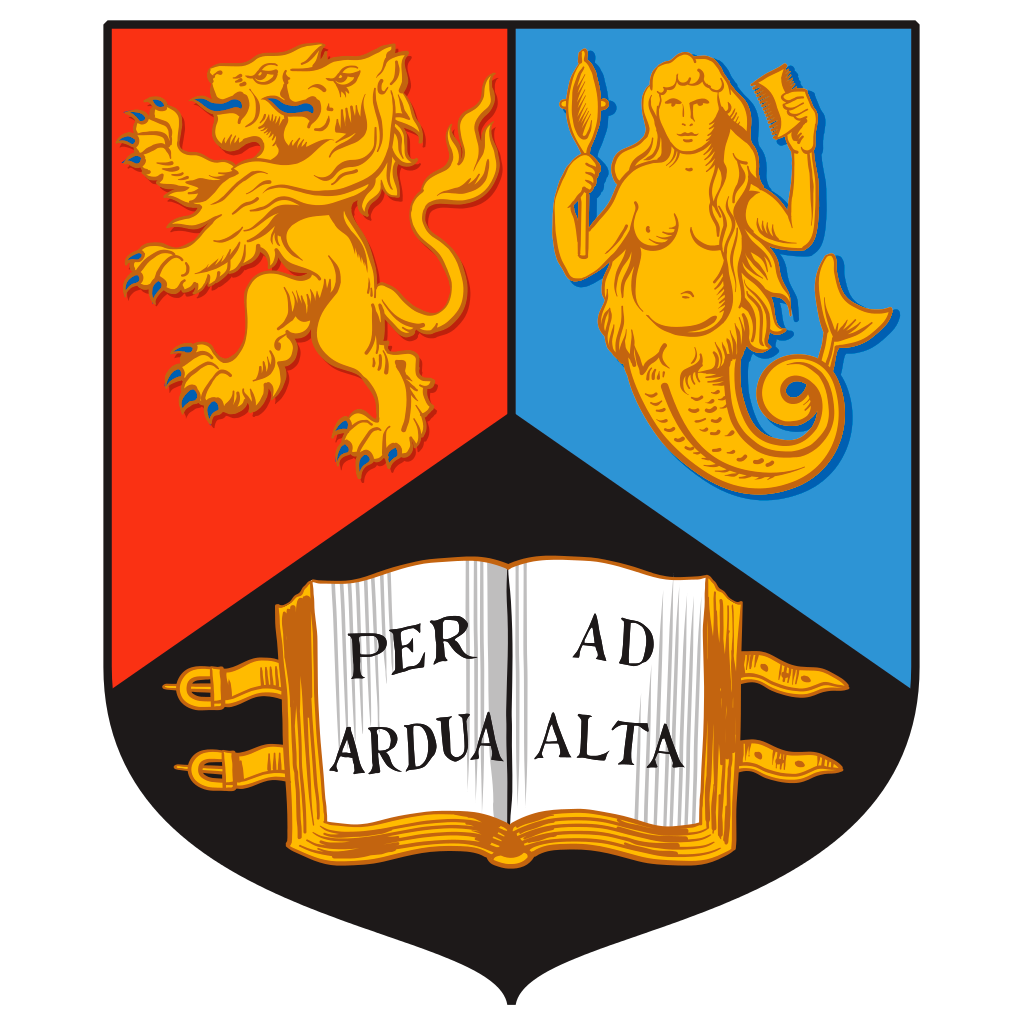📖Program Curriculum
Sample Courses:
Core Courses:
Advanced Structural Analysis
Advanced Geotechnical Engineering
Advanced Transportation Engineering
Advanced Environmental Engineering
Advanced Water Resources Engineering
Engineering Mechanics
Engineering Systems Analysis
Research Methods in Civil Engineering
Specialization Courses:
Structural Engineering
Geotechnical Engineering
Transportation Engineering
Environmental Engineering
Water Resources Engineering
Construction Engineering and Management
Sustainable Infrastructure
Earthquake Engineering
Computational Methods in Civil Engineering
Seminars and Journal Clubs:
Regular participation in seminars and journal clubs to stay updated with current research and advancements in the field.
Research and Dissertation:
Conducting original research under the guidance of a faculty advisor.
Developing a research proposal and writing a dissertation based on the research findings.
Qualifying Examinations:
Written and/or oral examinations to assess the student's knowledge and competence in the chosen specialization area.
Teaching Assistantship:
Some Ph.D. programs require students to serve as teaching assistants for undergraduate courses.
Participation in Conferences and Workshops:
Presenting research findings at conferences and attending workshops to enhance scientific communication and networking skills.
Collaborative Research Opportunities:
Collaborating with other researchers, industry partners, or government agencies to gain practical experience and broaden research perspectives.
Publication Requirement:
Ph.D. candidates are often expected to publish research findings in reputable scientific journals.
Show less
Show more













